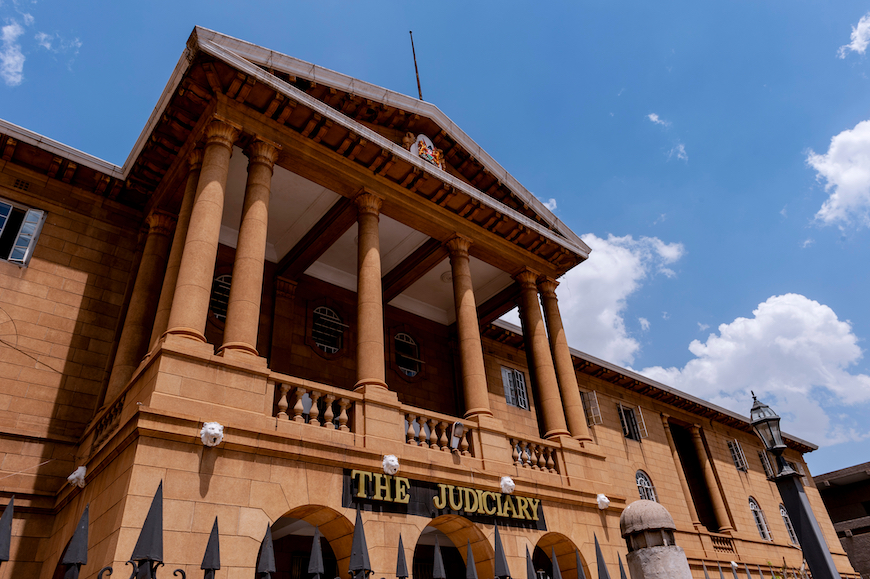According to the Auditor-General’s report, the Judiciary failed to provide documentary evidence to justify KShs 182.4 million in personal allowances, KShs 31.3 million in leave allowances, and KShs 93.1 million in foreign travel expenses. The report warns that failure to account for these funds may constitute misappropriation of public resources. “
These are not minor bookkeeping errors,” a senior official familiar with the audit told The Weekly Vision. “We’re talking about hundreds of millions spent without basic documentation, such as payroll records, travel authorizations, or payment vouchers.” The Weekly Vision sought comment from the Judiciary’s top leadership, who have yet to respond to the audit findings.
Meanwhile, pressure is mounting from civil society and Parliament for a thorough investigation. “This is a gross betrayal of public trust,” said a senior MP on the Public Accounts Committee. “The courts cannot demand accountability from other arms of government while failing to explain how they spent over KShs 400 million.”The KShs 182.4 million in personal allowances raises particular concern, with auditors noting the absence of payroll schedules or approvals to support the figures.
Similarly, the KShs 31.3 million in leave allowances lacks documentation indicating who received the funds or under what criteria. Foreign travel expenses, totalling KShs 93.1 million, are equally troubling. The Judiciary failed to provide evidence such as air tickets, boarding passes, or mission reports, raising concerns about fictitious trips or exaggerated claims.
Anti-corruption watchdogs are urging the Ethics and Anti-Corruption Commission (EACC) and the Directorate of Criminal Investigations (DCI) to intervene. They argue that the justice system, like any state agency, must adhere to the highest standards of financial probity. “If the courts are involved in financial misconduct, we face a collapse of ethical governance,” said an expert from Transparency Kenya.
The findings have reignited debates about the Judiciary’s financial autonomy. Past audits have flagged questionable procurement deals, ghost workers, and irregular per diem claims. However, the scale of the current discrepancies, over KShs 400 million, marks a new low in the institution’s credibility. Kenyans, weary from scandals across government departments, are watching closely.
The irony that those who interpret the law may be complicit in undermining it is not lost on the public. The Judiciary has until [insert deadline, if known] to address the Auditor-General’s findings, with calls growing for swift and decisive action.
[/full]





